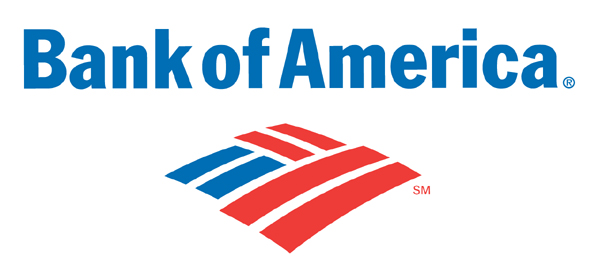Raley’s Upgrades Point of Sale Devices to Include Real Keypads
More Bank of America Website Accessibility Enhancements
Blind Does not Mean Oblivious
Spring 2014 Conference Presentations
Lainey Feingold will be giving two presentations at the 29th Annual International Technology and Persons with Disabilities Conference in San Diego, California in March. She will also be presenting at the John Slatin AccessU Conference in Austin, Texas in May. Want to learn more about the law impacting digital accessibility or the collaborative process known as Structured Negotiations? This post provides the details of these conference presentations.
Read more… Spring 2014 Conference Presentations
Charles Schwab Web Accessibility Agreement
Posted here is the settlement agreement between Charles Schwab and one of its blind customers about website accessibility. Schwab engaged in the Structured Negotiations process with the Law Office of Lainey Feingold and has made a significant commitment to ensuring that its website is inclusive for all customers. Schwab has begun making site enhancements and will continue doing so. The company has adopted WCAG 2.0 Level AA as its web accessibility standard.
Read more… Charles Schwab Web Accessibility Agreement
Charles Schwab Website Accessibility Press Release
Charles Schwab & Co., Inc. today announced an initiative to make its website more accessible and inclusive for all customers. Schwab’s initiative will particularly improve the client experience for Schwab customers with disabilities. Schwab has adopted the Web Content Accessibility Guidelines (WCAG) version 2.0 level AA as its website accessibility standard and has begun working to meet this standard.
Read more… Charles Schwab Website Accessibility Press Release
Central and West Java in Indonesia gets First Talking ATMs
International Talking ATM installations remind us that advocacy work done in one country can have ripple affects across the globe. ATM manufactures distribute their technology around the world, and slowly, slowly this technology is becoming more accessible everywhere. Today’s news brought word of the first Talking ATMs in Semarang, Central Java and Surabaya in East Java, Indonesia. The full news report, which first appeared in the Jakarta Post, is reprinted below. Visit the International Issues Category of LFLegal for more stories of Talking ATM installations outside the United States.
Read more… Central and West Java in Indonesia gets First Talking ATMs
John Slatin AccessU 2012
Lainey Feingold will be presenting at John Slatin AccessU 2012, to be held this year in Austin on May 15-17. AccessU, a project of Knowbility, is a two day intensive training conference for web developers and designers, usability professionals, and pretty much anyone who wants to learn the ins and outs of all aspects of web accessibility. Lainey will be doing a session for conference participants on legal issues surrounding web accessibility. Web accessibility is a civil right, and the law is a useful key to unlock doors that might otherwise be closed to accessibility. You’ll find out how and why at this session.
Read more… John Slatin AccessU 2012
Proposed Regulations Address Airline Websites and Kiosks
The United States Department of Transportation issued a press release on September 19, 2011 announcing proposed regulations on airline websites and airline kiosks. The proposed rules would require most airlines to have accessible websites within two years of any final regulation (which could be several years from now if at all). The proposal, if enacted, would also require kiosks purchased after any final regulation to meet accessibility standards. The full text of the announcement is in this post. The DOT’s proposed regulations come as the appeal is pending in two California lawsuits against airlines for failure to maintain websites and kiosks that persons with visual impairments can use.
Read more… Proposed Regulations Address Airline Websites and Kiosks



